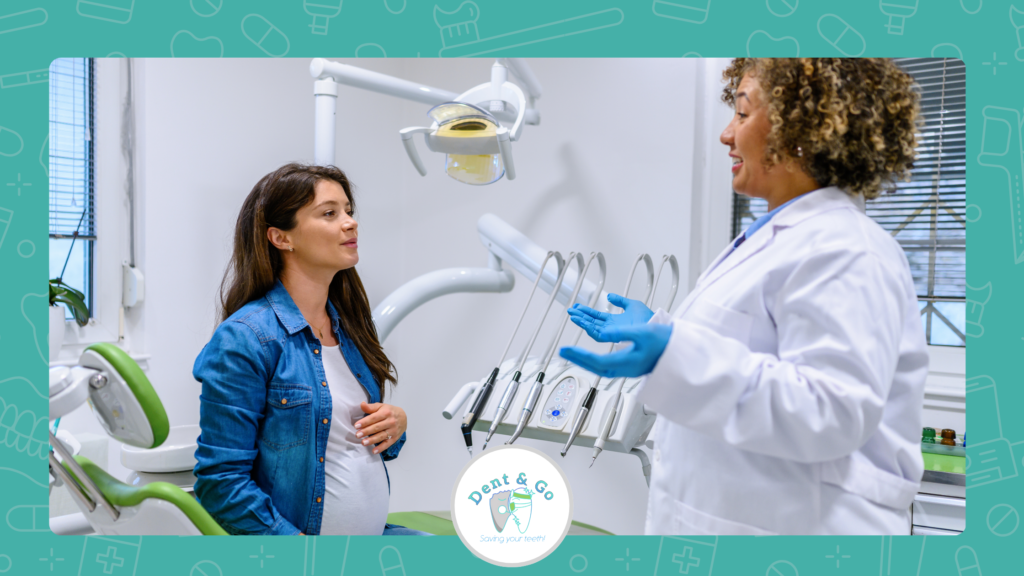Pregnancy is a big change for any woman, with lots of things happening to her body. It’s an exciting time, but it’s important not to forget about taking care of the teeth and gums. This is because oral health is essential for both the mom-to-be and the baby. Along with all the happy moments, pregnancy can also bring some problems, including issues with your teeth and mouth. Knowing about these problems and dealing with them is really important to make sure everything goes well for both mom and baby.
The Importance of Oral Health During Pregnancy
According to the National Library of Medicine, oral health during pregnancy is essential for the mother’s well-being and directly impacts the developing baby’s health. Poor oral hygiene and untreated dental problems can lead to various complications, including preterm birth, low birth weight, and even preeclampsia. Therefore, maintaining optimal oral health is integral to promoting a safe and healthy pregnancy.
Common Oral Health Challenges During Pregnancy:
Several factors contribute to oral health challenges during pregnancy. Hormonal changes, such as increased levels of progesterone and estrogen, can exacerbate existing dental issues or lead to new ones. Common problems include gum disease, pregnancy gingivitis, tooth decay, and enamel erosion. Additionally, morning sickness and dietary changes may affect oral hygiene practices, further increasing the risk of dental problems.
Tips for Maintaining Oral Health During Pregnancy:
Regular Dental Check-ups: Schedule a dental appointment when you discover you’re pregnant or ideally before conception. Routine check-ups can help address any existing issues and prevent potential complications. Practice Good Oral Hygiene: Brush your teeth at least twice a day with fluoride toothpaste and floss daily. Pay special attention to the gum line, as hormonal changes may increase the risk of gum disease.
Monitor Your Diet
Maintain a balanced diet rich in essential nutrients, including calcium, vitamin D, and phosphorus, to support healthy teeth and gums. Limit sugary snacks and beverages to prevent tooth decay.
Stay Hydrated
Drink plenty of water throughout the day to keep your mouth moist and wash away food particles and bacteria.
Manage Morning Sickness
If you experience morning sickness, rinse your mouth with water or a fluoride mouthwash after vomiting to neutralize acids and protect your teeth from erosion.
Avoid Tobacco and Alcohol
Quit smoking and avoid alcohol during pregnancy, as they can harm both maternal and fetal health, including oral health.
Communicate with Your Dentist
Inform your dentist about your pregnancy and any medications you’re taking. Certain dental procedures may be postponed until after childbirth, but routine cleanings and preventive care are generally safe during pregnancy.
Conclusion
Maintaining oral health during pregnancy is vital for the well-being of both mother and child. By prioritizing regular dental check-ups, practising good oral hygiene, and adopting healthy lifestyle habits, expectant mothers can minimize the risk of dental problems and promote a safe and healthy pregnancy. Remember, nurturing smiles starts with taking care of yourself, inside and out.

